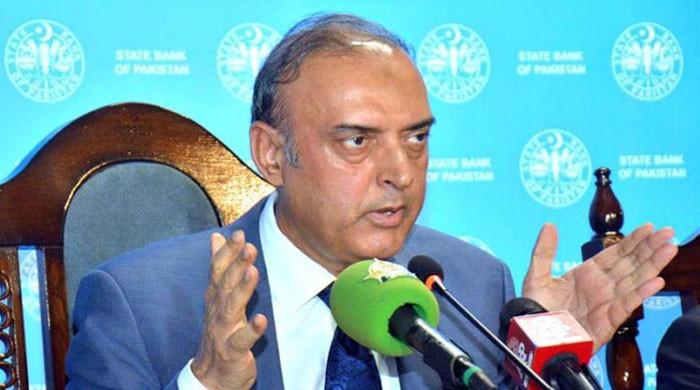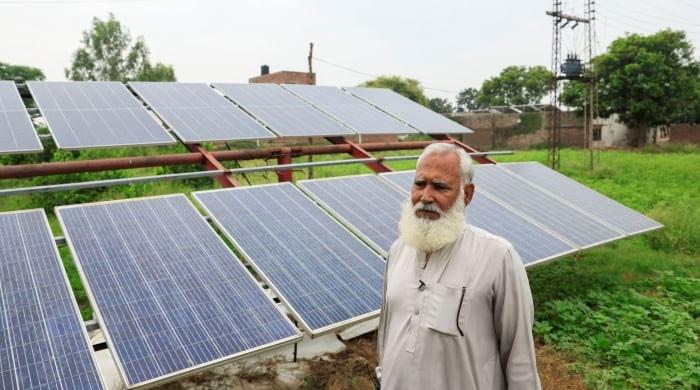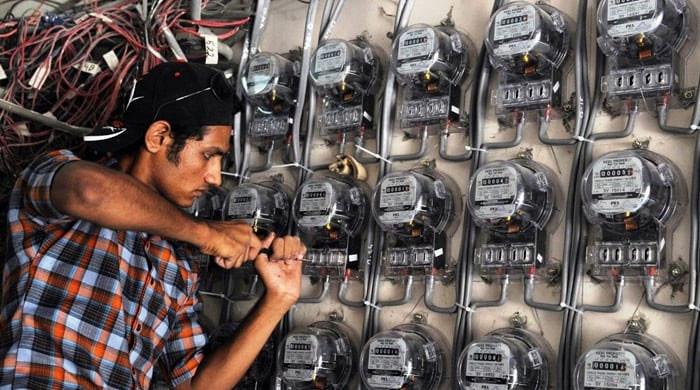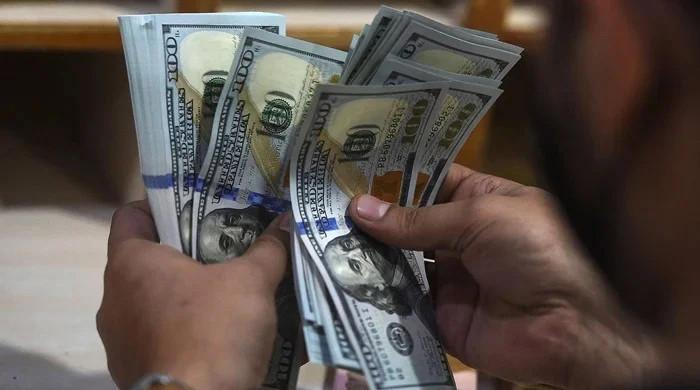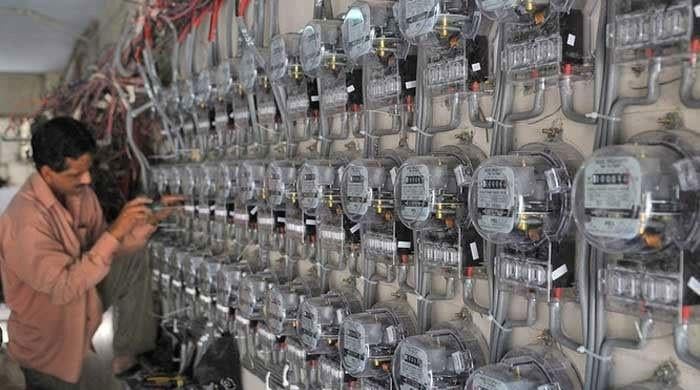IMF bailout to negatively impact Pakistan's short-run growth: Fitch
Fitch Solutions revises Pakistan real GDP growth forecast down to 2.7% from 4.0% for fiscal year 2019-20
June 27, 2019
ISLAMABAD: Pakistan’s economic growth will be negatively impacted in the short run due to tighter monetary and fiscal policies as a result of the International Monetary Fund's bailout package, a leading economic research firm said in a report on Wednesday.
Fitch Solutions, the macro research arm of global credit rating agency Fitch ratings, said they were revising their forecast for Pakistan's real GDP growth for the outgoing fiscal year from 4.4% to 3.2%, and the upcoming fiscal year 2019-20 to come in at 2.7%, down from 4.0% previously.
Fitch noted that this was in lower than the forecasts by Bloomberg of 3.3% for the outgoing fiscal year and 3.5% for 2019-20.
"We believe that the bailout package from the International Monetary Fund (IMF) will see tighter monetary and fiscal policies in Pakistan, which will be negative for growth in the near term," said Fitch Solutions in the report.
"That said, investment into the China-Pakistan Economic Corridor (CPEC) will continue to provide some support to the economy," it added.
Pakistan reached a $6 billion bailout agreement with the IMF in May to address a balance of payments crisis, following which the central bank raised interest rates by 150bps. Shortly afterwards, the finance ministry presented an austerity budget with increased taxes aiming to trim the government's primary deficit and shore up its revenues.
Fitch said the tax-based measures to cut the deficit, coupled with constantly rising inflation, would further erode purchasing power and result in a marked decline in consumption.
"Given our expectations for continued upside pressure on consumer prices over the coming months, we believe that the consumers' purchasing power will continue to fall over the coming months, thereby weighing on consumption," it said.
However, it noted that that some of the effects of price hikes would be partially offset by the "government's populist measures, such as providing electricity subsidies to consumers who use less than 300 units of electricity per month".
The research firm also gave a bleak forecast on the government's aims to raise tax revenues, compounded by little improvement in net exports weighed down by a global slowdown and the likelihood of imports further increasing over the coming months.
"While Pakistan and the IMF have agreed on focusing on tax-based measures to manage the fiscal deficit, according to media reports, we believe that the Pakistani government will fall short of its ambitious revenue targets and will likely have to cut spending to meet the primary deficit target of 0.6% of GDP," it added.




